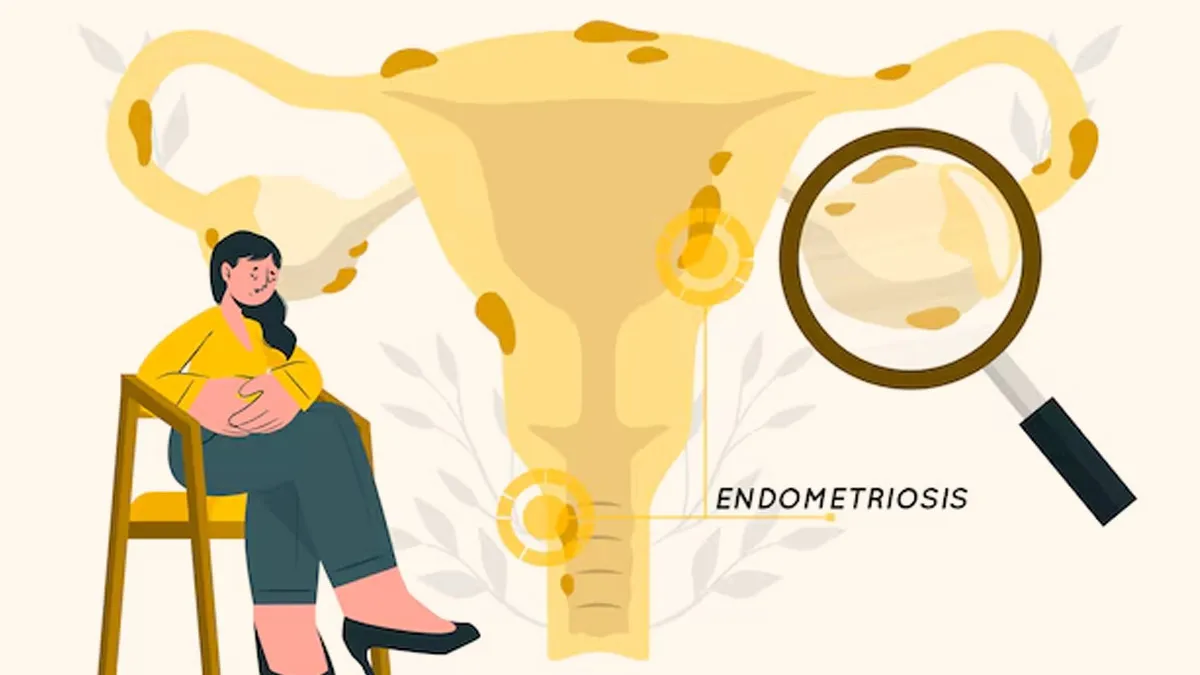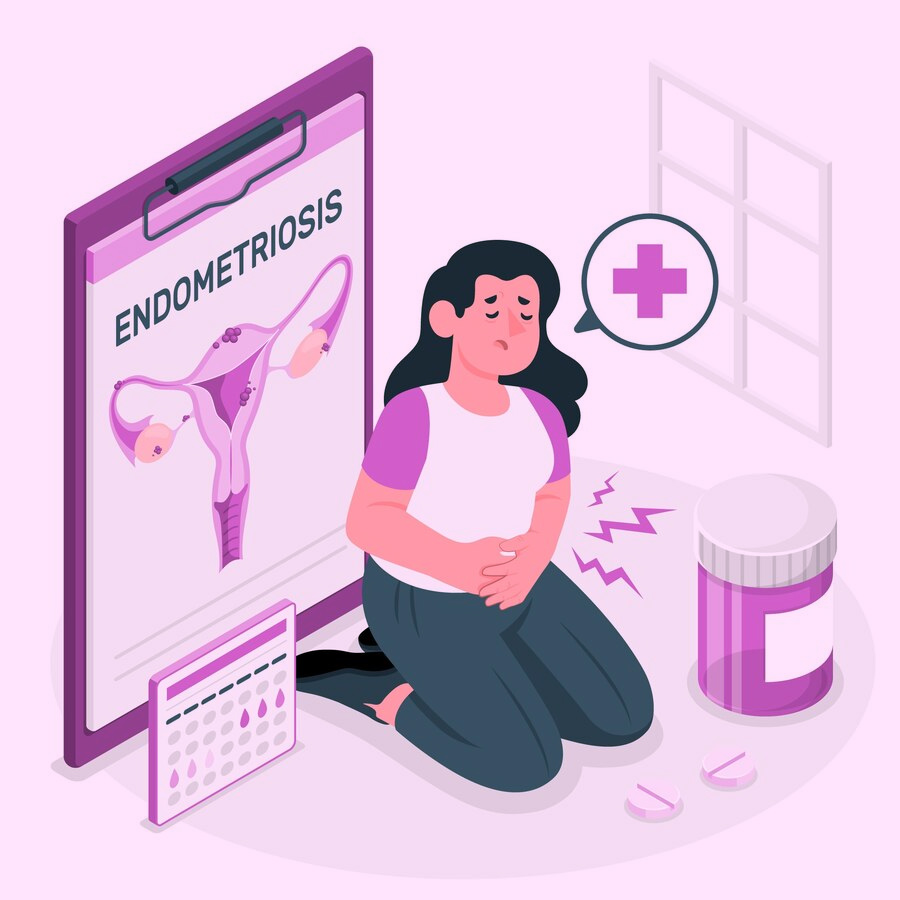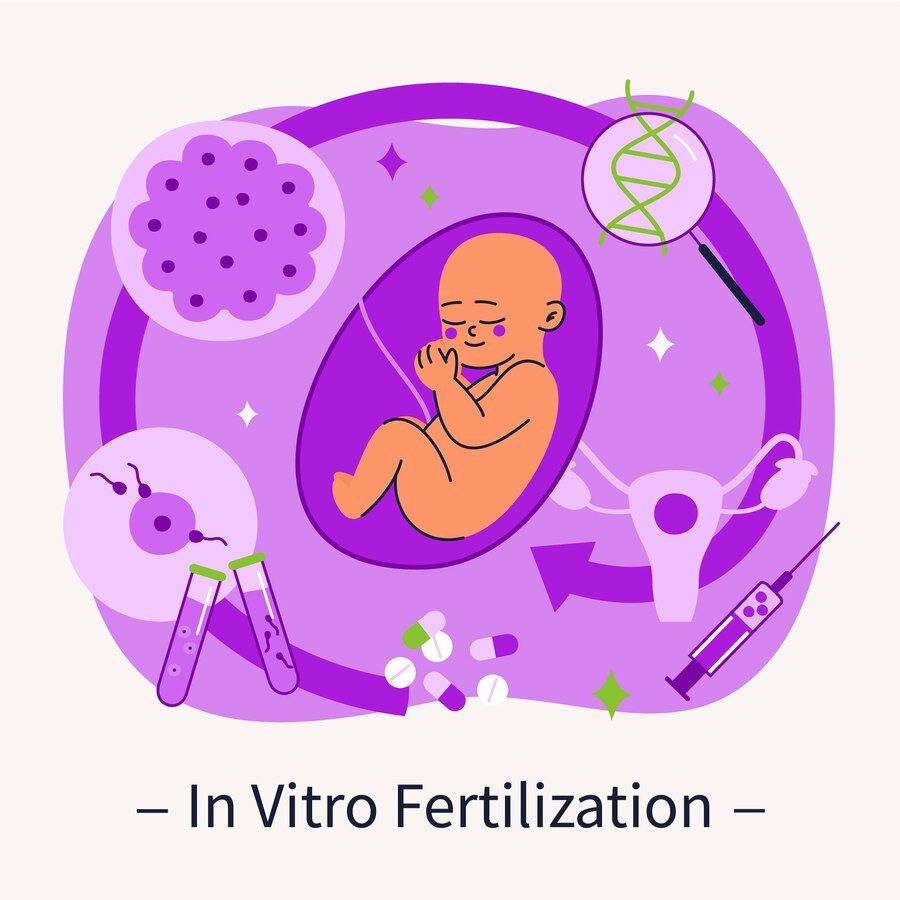
Have you been diagnosed with endometriosis and are now wondering if IVF could be the answer to your fertility concerns? Navigating infertility can be an emotional rollercoaster, especially when you're already dealing with the physical and mental toll of a chronic condition like endometriosis. The good news is that with proper guidance and a well-planned approach, pregnancy is possible.
Table of Content:-
In Vitro Fertilisation (IVF) is one of the most popular methods of treating infertility and it can assist women suffering from endometriosis to get pregnant. However, controlling symptoms efficiently and customising IVF processes may enhance the chances of getting positive results. We spoke to Dr Ila Gupta, Director and Senior Consultant Reproductive Medicine, Ferticity IVF and Fertility Clinics, New Delhi, who explained how women with endometriosis can boost their chances of IVF success.
"Endometriosis is a medical condition where tissue similar to the lining inside the uterus, known as the endometrium, grows outside the uterus. Natural conception is possible for many women with endometriosis. However, others grapple with complications, such as ovarian failure, blocked fallopian tubes, or problems with the pregnancy itself leading to difficulty in conception," explained Dr Gupta.
How Does Endometriosis Affect Fertility?

"Endometriosis can lead to inflammation in the pelvic area, which can damage egg quality and reduce the chances of getting pregnant. The presence of ovarian cysts and scars makes the reproductive system misaligned and makes it impossible for the eggs to reach the fallopian tubes. Some women may have low ovarian reserve which leads to fewer eggs to use in the IVF procedure," explained Dr Gupta.
As there is no one particular treatment suitable for all patients, a fertility specialist diagnoses the patient with imaging scans or operative laparoscopy before recommending an IVF or another ART procedure.
A 2024 study reveals that endometriomas are found in nearly 50% of women diagnosed with endometriosis. They can diminish ovarian reserve by harming healthy ovarian tissue and causing mechanical stretching, which leads to a gradual decrease in the number of primordial follicles available.
Controlling Symptoms Before And During IVF

Medical Treatment
Before starting IVF, hormonal treatment like oral contraceptives, GnRH agonists and progestins help to manage the endometriosis symptoms.
Surgical Intervention
In some cases, doctors recommend laparoscopic surgery, removing endometriotic lesions, cysts, or adhesions to enhance fertility results. The procedure does carry minor risks and repeated procedures may lower a female’s ovarian reserve. Careful consideration of the decision along with a fertility specialist is warranted.
Lifestyle Changes

Antioxidants, omega-3 fatty acids, and other anti-inflammatory items may aid in symptom management when incorporated into the diet.
Engaging in regular aerobic exercises alongside stress management activities like yoga and meditation may enhance reproductive health. Additionally, the exclusion of alcohol, caffeine, and processed foods can aid individuals with endometriosis, especially when preparing for IVF, to achieve the goal of improved IVF outcomes.
Also Read: Opting For IVF? Common Challenges No One Tells You About
Enhancing IVF Success Rates For Women With Endometriosis
Dr Gupta shares, "We prioritise personalising every IVF cycle, especially for those going through endometriosis. Techniques like PGT contribute to improving success rates in such cases."
- Individualised IVF Protocols: Enhanced stimulation steps for the ovaries customised to the specific needs of patients with endometriosis may increase the chances of retrieving optimal volumes of ova. Some patients might need a 'freeze-all' policy, meaning frozen embryos are kept till a successive cycle for transfer, in which case endometrial receptivity is higher.
- Advanced Fertility Techniques: Preimplantation Genetic Testing (PGT) allows the selection of the most viable embryos to transfer, increasing the chances for successful implantation and reducing the chances of multiple pregnancies. Assisted hatching is suggested for some cases to improve implantation rates.
- Managing Inflammation and Immune Response: As per a medical study, anti-inflammatory medications or immunotherapy enhances implantation. However, it's crucial to have medical oversight when using this.
Bottomline
Dr Gupta concluded, "IVF offers hope to women with endometriosis-related infertility, but managing symptoms and personalising treatment can boost success rates. If you want to get IVF treatment done, consult a fertility specialist for personalised treatment that suits your condition and maximises your chances of conception."
[Disclaimer: This article contains information provided by an expert and is for informational purposes only. Hence, we advise you to consult your professional if you are dealing with any health issue to avoid complications.]
Also watch this video
How we keep this article up to date:
We work with experts and keep a close eye on the latest in health and wellness. Whenever there is a new research or helpful information, we update our articles with accurate and useful advice.
Current Version